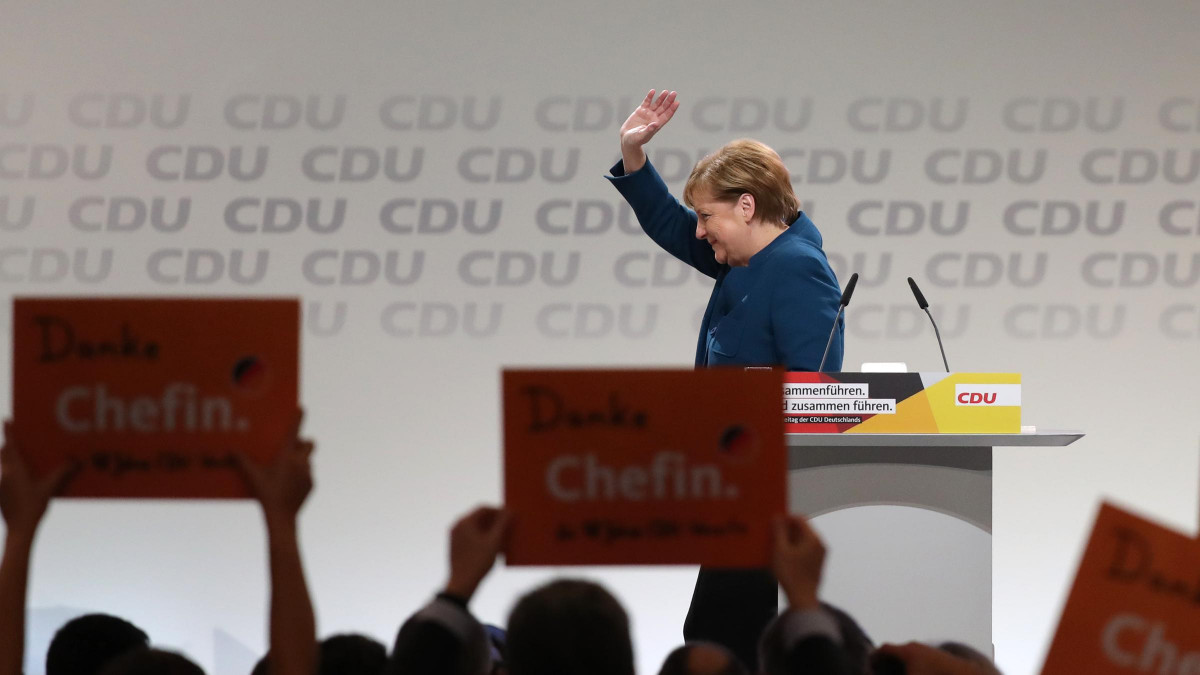 52
52
Angela Merkel, the head of Germany’s Christian Democratic Union (CDU), has served as chancellor four times, setting a record for the most chancellorships in German modern history. She has, however, said that she would not run in the German general election, which was held in September 2021. Merkel stepped down as leader of the ruling party in 2018 and was replaced by Annegret Kramp-Karrenbauer, who is also Germany’s Federal Minister of Defense. Merkel’s decision to resign as CDU leader and decline to run for German chancellor in 2021 marks the dawn of a new era in German politics. Merkel has shown her ability to bring people together in times of crisis, such as the COVID-19 pandemic and the economic downturn, which has benefited both Germany and Europe. Merkel’s government, however, has mostly neglected foreign issues, notably those relating to the Middle East. The rise to power of the Social Democrats (SPD) is seen to influence German society and its international affairs. Unlike the centre-right CDU, the SPD will take a different approach to industrial and economic growth. The SPD will place more emphasis on social reforms, with a particular focus on the middle and lower classes, and will likely address issues such as raising taxes on the wealthy. Germany has long had a double standard when it comes to its foreign policy, notably in the Middle East. While “promoting and supporting democracy and human rights” is supposedly one of the country’s foreign policy pillars, we have seen that it is frequently disregarded by Berlin. Human rights violations, such as the torture and detention of opposition leaders and the persecution of women across the Arab world, have been repeatedly criticised by German politicians. At the same time it brags about taking in 770,000 Syrian refugees, Germany is striving to strengthen commercial ties with regimes like Saudi Arabia and Egypt, both of which have a horrible record on human rights abuses. When it comes to high-paying weapons exports, German politics and economics turn a blind eye to human rights breaches by Arab authoritarian governments. This contradiction has driven Germany’s administration to explicitly define its Middle East strategy in domestic politics. However, the next German administration will almost certainly face greater pressure from Washington to participate in more international missions. Following the creation of the next German administration, Berlin is expected to play a stronger role in international events, particularly in the Middle East, than it did during Merkel’s tenure, as the Libyan crisis has shown.
Comment
Post a comment for this article